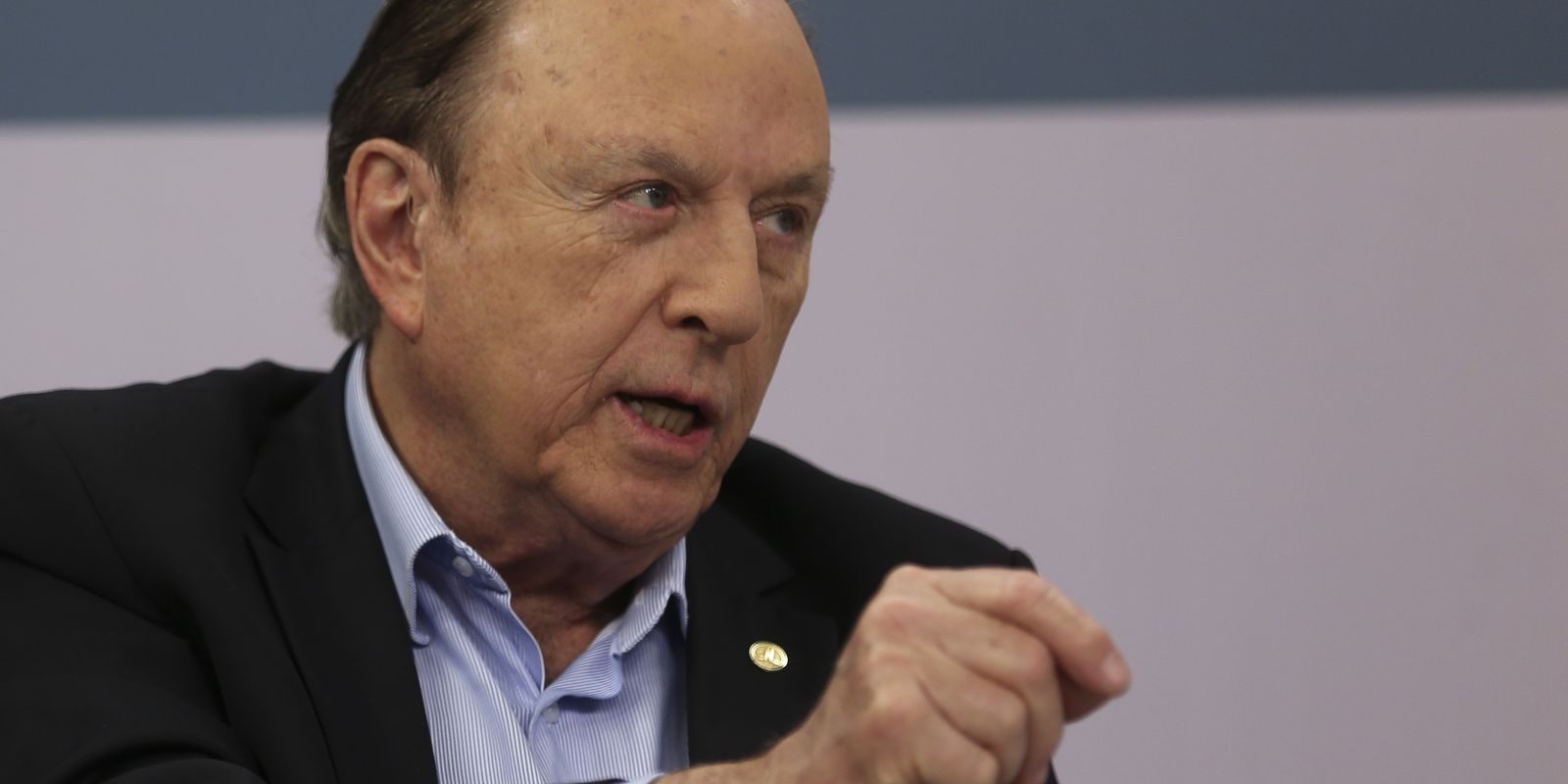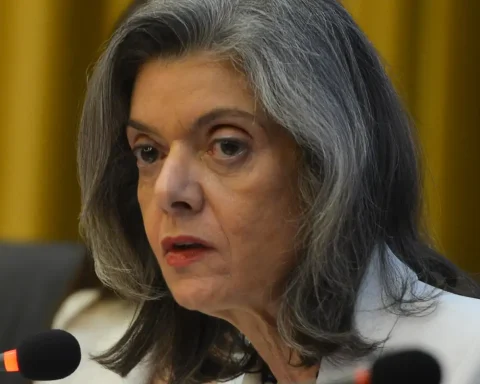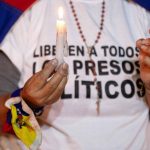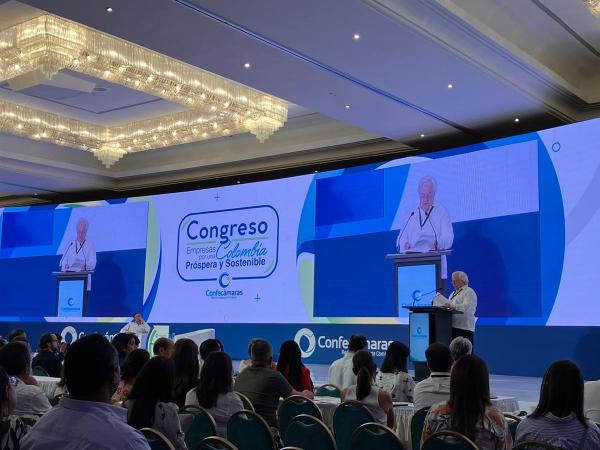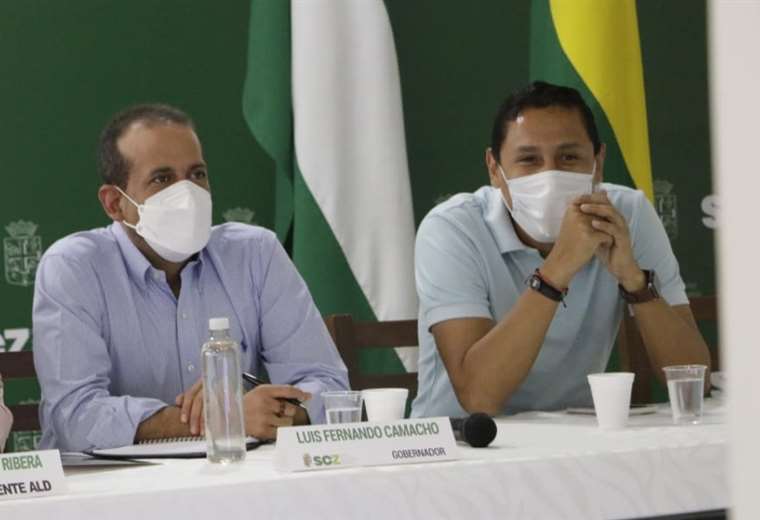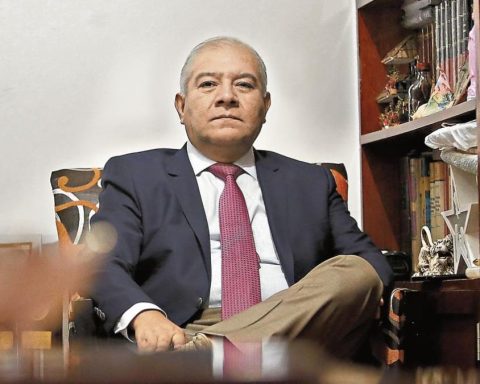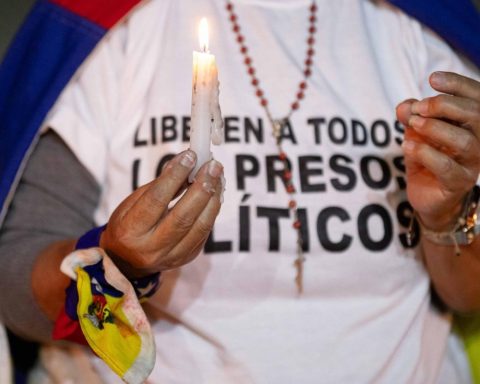O government program of the candidate for Constituent President Eymael (DC) has as its pillars “the rescue and protection of the ethical values of the family and the full satisfaction of their needs” which, according to the text, will be “the foundation, inspiration and permanent objective” of the caption in the exercise of the Presidency of the Republic.
In nine pages, the document presented to the Superior Electoral Court (TSE) with general government guidelines “to build a new and better Brazil” lists proposals for the areas of economy, public security, health and education, among others.
For the economic policy aimed at generating employment, the proposals include encouraging civil construction, through specific tax policy and urban development and basic sanitation policies; official policy to support entrepreneurship and incentives for the creation and development of micro, small and medium-sized enterprises; and encouraging the training of manpower with professional training courses, including short-term courses.
The plan also proposes to promote the reform of the tax system with a view to simplification, reduction of the tax burden and respect for the ability to pay.
The proposal envisages developing and implementing the National Public Security Policy with the integration of all security forces, with the participation of the Armed Forces in protecting borders against drug and arms trafficking; the establishment of permanent international exchanges with national administrations, worldwide, to improve the country’s public security strategies; and the reformulation of the penitentiary system, so that it fulfills its mission of resocializing prisoners.
The government plan’s Public Health Program focuses on prevention. “Health arriving before the disease, preventing it from installing, thus promoting a gain in quality of life and saving public resources”, says the text.
Education
Prioritizing education as a fundamental vector for the country’s development, social advancement and full citizenship is another point addressed by the document. Among other actions, it will be a priority to ensure that elementary education has the functions of enabling students to “learn to know, learn to do, learn to be and learn to live together”, as defined in the pillars of the United Nations (UN) to the education.
The plan also provides for inclusive education covering all children and young people with disabilities: mental, motor, auditory and visual; access throughout the country, at the school level, to the use of computer equipment, internet and broadband; the expansion of the offer of technical and professional courses; and the promotion of integral education in primary education.
